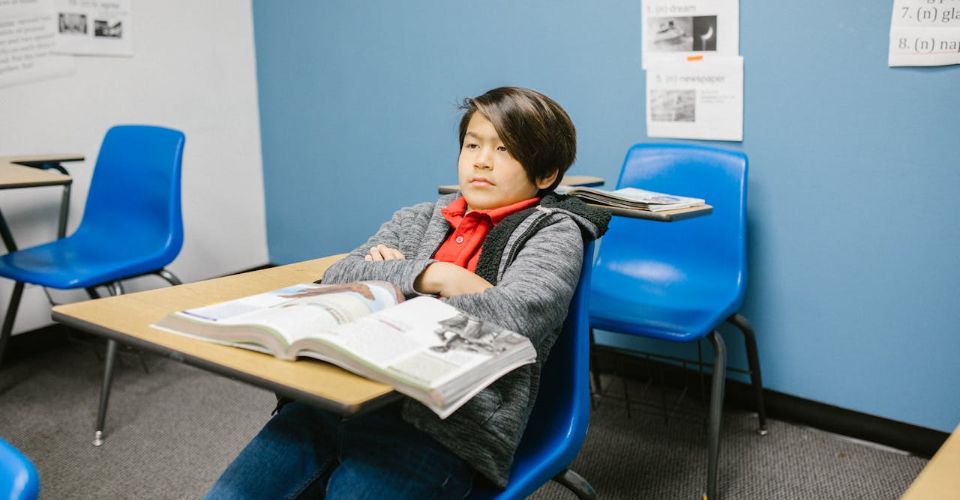Trust forms the cornerstone of all our human connections, playing a pivotal role in the flourishing of relationships, transparent communication, and the creation of safe and valued spaces.
However, the scars of past betrayals can cast a shadow on one’s ability to trust, hindering the development of meaningful relationships.
A recent study published in the Journal of Personality and Social Psychology highlights the profound influence of trust on memory, shedding light on how low trust levels can lead to negative perceptions of a partner’s mistakes, while high trust fosters a positive bias in remembering transgressions.
Overcoming Distrust: Three Proactive Steps
While we cannot control the actions of others, there are proactive steps we can take to develop a robust understanding of trust, enabling us to extend it generously while remaining mindful. Here are three key actions:
1. Building Self-Trust by Honoring Commitments
Distrust in others often stems from a pattern of repeatedly breaking commitments made to oneself.
It’s essential to recognize that if we can’t trust ourselves to keep promises, trusting others becomes challenging. To lay the foundation for trusting others, start by honoring your word to yourself.
Creating Self-Trust Through Achievable Goals
Setting achievable goals and commitments for oneself not only boosts self-confidence but also establishes a track record of promise-keeping. This practice, even when directed inward, helps build self-trust.
Establishing Accountability and Support Systems
Creating an accountability system is a potent tool for building self-trust. Sharing your goals and commitments with a trusted individual who can provide support and encouragement can be transformative.
Alternatively, keeping a journal or using productivity apps to track progress can help reinforce your commitment to yourself.
2. Embracing Self-Acceptance as a Path to Trusting Others
Fear of judgment and criticism can be a significant barrier to trusting others, often mirroring one’s own self-criticism and low self-esteem. To cultivate trust in others, it’s crucial to first fully accept and love oneself.
Practicing Self-Compassion
Embracing self-compassion involves being kind and forgiving to oneself, similar to how one treats a close friend.
Recognizing that nobody is perfect and that mistakes are a part of being human can break the cycle of self-criticism and judgment.
Challenging Negative Self-Talk
Negative self-talk can erode self-esteem and hinder one’s ability to trust others. Replacing such negative thoughts with positive and affirming ones can gradually build a more positive self-image and a healthier self-concept.
Celebrating Individuality
Embracing one’s strengths and uniqueness fosters self-value and, in turn, extends trust in one’s own worth to others. Recognizing and celebrating what makes you uniquely you is a crucial step in this process.
3. Trusting by Taking the Leap
While it’s natural to remain guarded and skeptical, trust cannot develop without taking the risk of trusting others. Trust is a two-way street that requires effort and vulnerability.
Embracing Authenticity
Authenticity forms the bedrock of trust, as it signifies a willingness to be genuine and not hide behind a facade. Being authentic encourages reciprocity, as others are more likely to respond in kind.
Understanding the Gradual Nature of Trust
Trust is not built overnight; it evolves and deepens over time. Research supports the idea that gradual trust-building is more effective than attempting to establish trust in a single encounter. Patience is key.
Embracing Disappointment as a Learning Experience
Being prepared for the possibility of disappointment is essential. Not every situation will result in a positive outcome, but viewing disappointments as valuable learning experiences can refine one’s judgment and open the door to trustful connections in the future.
The Journey to Stronger, More Fulfilling Relationships
In conclusion, trust serves as the bedrock of any healthy relationship, but fear and past betrayals can hinder our ability to place faith in others. Building self-trust is an incremental process that requires patience and dedication.
By taking proactive steps to honor commitments, embrace self-acceptance, and practice trusting, we can break down the barriers that prevent us from forming deep and meaningful connections.
Building trust is a journey, and the rewards of stronger, more fulfilling relationships are well worth the effort.




























